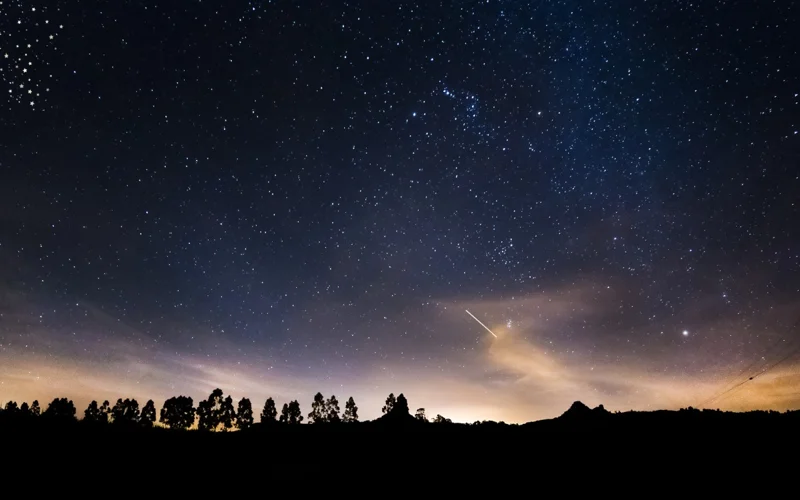Jordan’s skies to dazzle with annual Perseid meteor shower
Stargazers across Jordan and the Arab world will be treated to a celestial spectacle on the nights of August 12 and 13, as the annual Perseid meteor shower reaches its peak, delivering up to 100 meteors per hour in one of the most anticipated astronomical events of the year, Petra reports.

Known for their brightness and frequency, the Perseid meteors will be visible to the naked eye without the need for telescopes or special equipment.
The event is expected to transform the night sky into a dazzling display of natural fireworks, according to Jordanian astronomer Imad Mujahid, a fellow of the Royal Astronomical Society and member of the Arab Union for Astronomy and Space Sciences.
Mujahid emphasized the importance of viewing the meteor shower from dark-sky locations far from city lights. "Areas like Wadi Rum in southern Jordan offer ideal conditions for observation, where the meteors will appear brighter and more vivid," he said.
Several tourism operators are planning to organize stargazing camps in Wadi Rum for the occasion, providing visitors with telescopes to observe not only the Perseid meteors, but also major planets such as Jupiter and Saturn, along with a clear view of the Milky Way galaxy.
The Perseid meteor shower is caused by Earth’s annual passage through a stream of debris left behind by Comet Swift-Tuttle, which orbits the sun approximately every 130 years.
As Earth crosses this dust trail around August 13 each year, particles enter the atmosphere at high speed, about 70 kilometers per second, and burn up due to friction, creating bright, fleeting streaks across the night sky.
"These meteors begin to glow at an altitude of roughly 120 kilometers above the Earth and disintegrate into ash by the time they reach 60 kilometers," Mujahid explained. "They rarely reach the ground, and if they do, they are reduced to microscopic particles undetectable to the human eye."
Earlier, it was reported SpaceX launches 28 new Starlink satellites.
